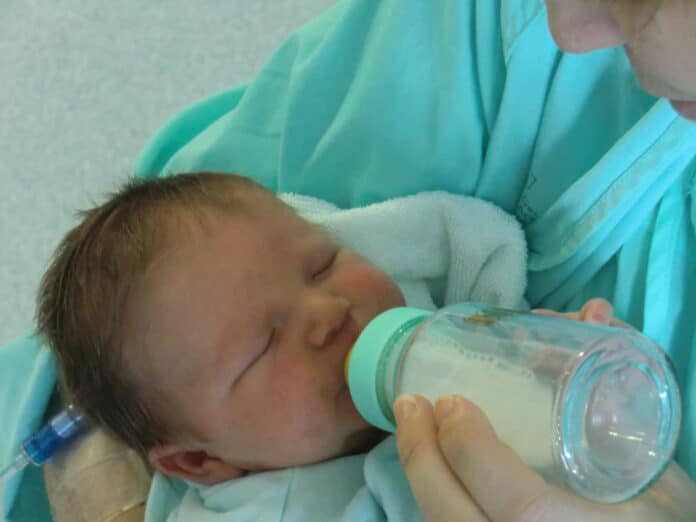Infant breastfeeding has been associated with reduced physical and mental health problems in childhood, contributing to special educational needs (SEN). Previous studies have not investigated the impact of mixed feeding, have not adjusted for child, maternal, and pregnancy confounders, have encountered bias, or have used a narrow definition of SEN.
A new study by the University of Glasgow investigated relationships between infant feeding methods and the risk of all-cause and cause-specific SEN. The study, which involves more than 190,000 children, found that children exclusively breastfed or fed a mix of formula and breastmilk for the first six to eight weeks of life are at lower risk of having special educational needs and learning disabilities.
The World Health Organization recommends exclusively breastfeeding infants for the first six months, yet many mothers find it difficult to do so. This study proves that non-exclusive breastfeeding for a shorter period may still benefit a child’s later learning development.
191,745 children who were born in Scotland from 2004 onward and who attended a public or special needs school between 2009 and 2013 were the subject of a study that examined their health and educational records. Only 8.5% of those included in the study had mixed feedings for the first six to eight weeks, compared to 25.3% of breastfed children and 66.2% of formula-fed children.
12.1% of the children in this research needed special education services overall. Nonetheless, a history of early mixed feeding and exclusive breastfeeding was linked to a lower likelihood of having special educational needs than formula feeding — about 10% and 20% less likely, respectively. Also, children who were exclusively breastfed had lower odds of experiencing physical health issues (about 25% lower odds) and emotional or behavioral issues (about 20% lower odds).
Between 2010 and 2018, the number of children in Scotland with a record of special educational needs nearly quadrupled, and by 2020, over a third of students in Scotland had such a record. Along with having a huge influence on the children, their families, and the larger society, this places a significant load on the education, health, and social sectors.
Children with special educational need experience lower educational attainment, higher rates of school absenteeism and exclusion, and higher rates of bullying and maltreatment, which can all further impact their physical and mental health and well-being.
Dr. Michael Fleming, who led the study at the University of Glasgow’s School of Health and Wellbeing, said: “We know that many women struggle to exclusively breastfeed for the full six months recommended by the WHO, however, our study provides evidence that a shorter duration of non-exclusive breastfeeding could nonetheless be beneficial with regards to a child’s learning development.
“The results of this study suggest that feeding method in infancy could be a modifiable risk factor for the causes of special educational need, which in turn has the potential to help reduce the burden for affected children, their families and wider society.”
Journal Reference:
- Lisa J. Adams, Jill P. Pell, Daniel F. Mackay, David Clark, Albert King, Michael Fleming. Infant feeding method and special educational need in 191,745 Scottish schoolchildren: A national, population cohort study. PlOS MEDICINE. DOI: 10.1371/journal.pmed.1004191
